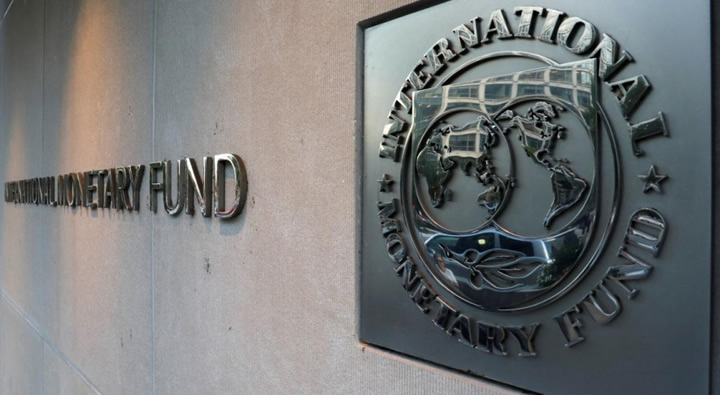IMF Urges Nigeria to Regulate Cryptocurrency Trading Platforms

The International Monetary Fund has recommended that the Federal Government of Nigeria enforce registration requirements for global crypto trading platforms wishing to operate in the country. These platforms would be subject to regulatory oversight.
This suggestion came from the IMF’s recent staff report following the conclusion of its 2024 Article IV consultation with Nigeria. The IMF stressed the importance of establishing a strong regulatory framework to supervise the expanding cryptocurrency market in Nigeria, ensuring financial stability and safeguarding investors.
The IMF also highlighted the need for global standardization of cryptocurrency regulations to combat illicit activities. It recommended that crypto trading platforms be registered or licensed in Nigeria and adhere to the same regulatory requirements as financial intermediaries.
Recently, concerns have been raised about cryptocurrency trading platforms manipulating the value of the local currency in Nigeria’s foreign exchange market. The Securities and Exchange Commission’s Director General, Emomotimi Agama, emphasized the necessity of delisting the naira from P2P platforms to prevent such manipulation.
The Central Bank of Nigeria directed fintech companies to block accounts engaging in cryptocurrency transactions and report such activities to law enforcement agencies. The IMF warned that the rapid growth of foreign exchange trading platforms in Nigeria poses challenges to the country’s financial stability.
The report acknowledged that Nigerian authorities have taken steps to address issues surrounding cryptocurrency trading platforms and maintain external stability. Efforts have been made to bring in FX liquidity, including requirements for international oil companies to hold a percentage of repatriated oil receipts in Nigeria for a certain period.
The IMF also noted concerns about illicit flows through crypto-asset platforms putting pressure on the exchange rate, while efforts to curb abuse include ceilings on FX access. The CBN previously expressed worries about large volumes of transactions passing through crypto platforms from unidentified sources and has been collaborating with other agencies to combat illicit financial activities.
In May 2022, the SEC issued new regulations for digital assets, focusing on issuing, offering platforms, and custody. This move was seen as a shift towards regulation rather than a ban on cryptocurrency. The regulations include a substantial capital requirement for crypto exchanges seeking a license from the SEC.
In December 2023, the SEC lifted its ban on banks facilitating cryptocurrency transactions for customers, with strict adherence to KYC and AML checks.
Source link
#Regulate #crypto #trading #platforms #IMF #urges #Nigeria





